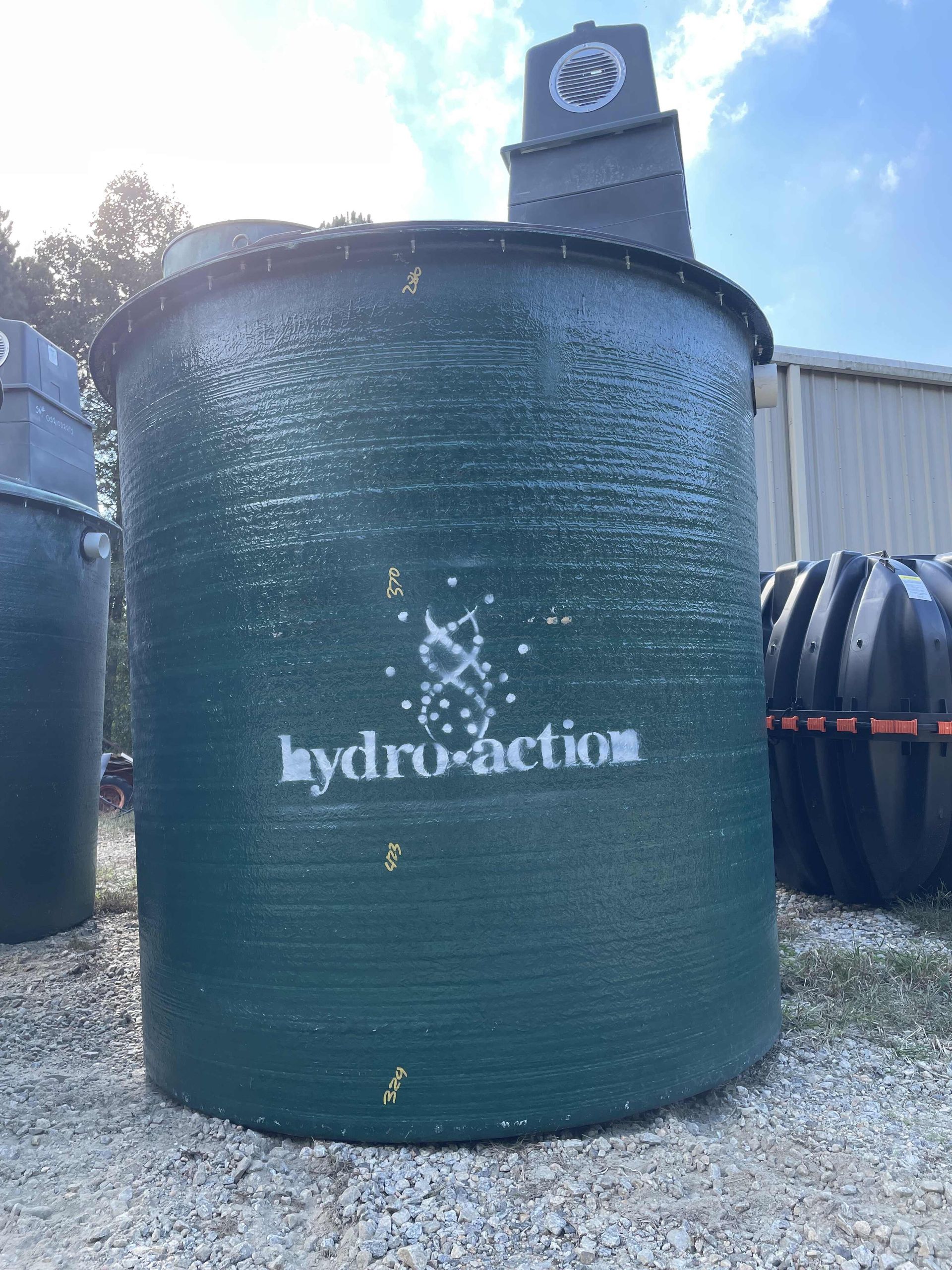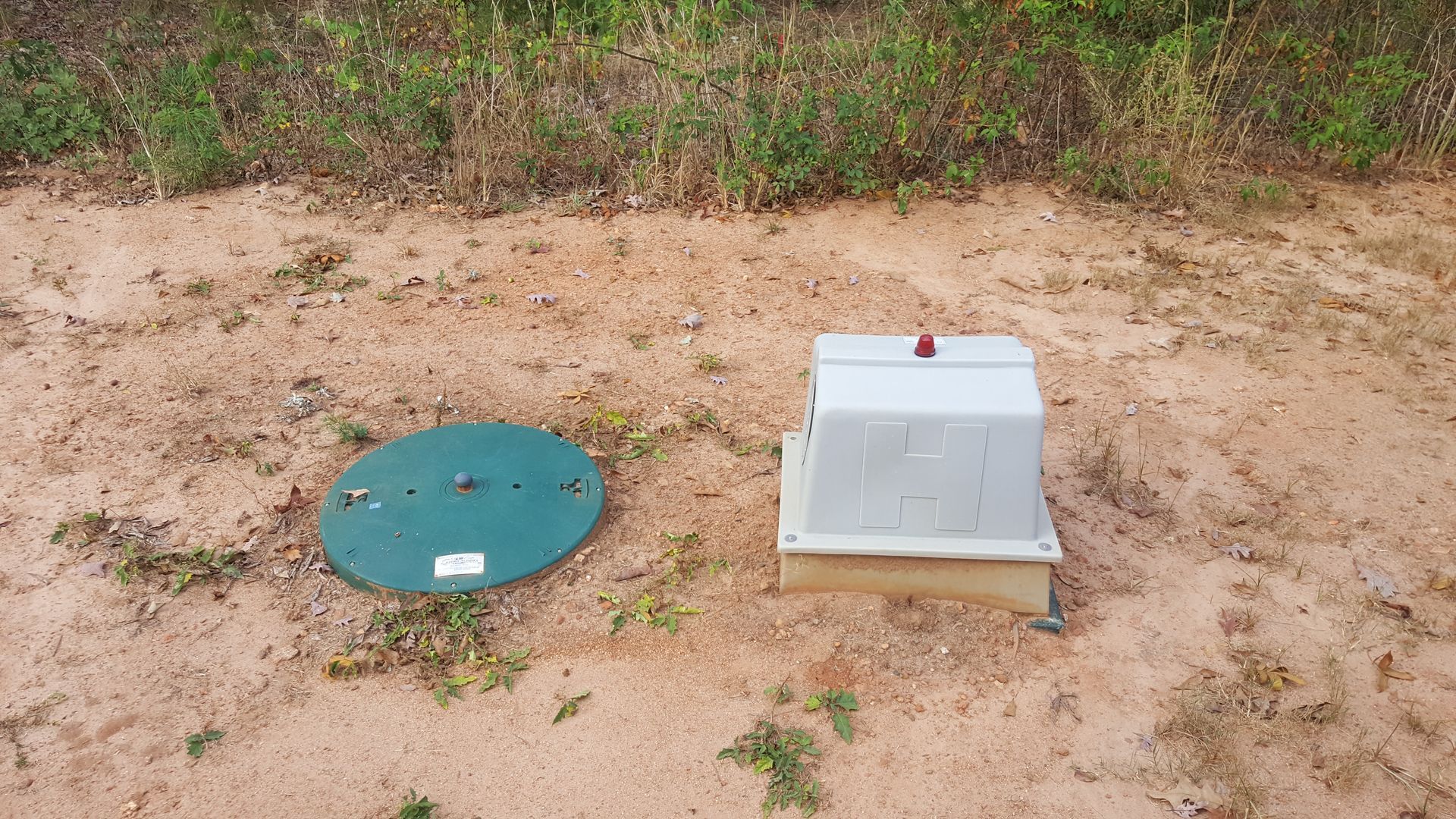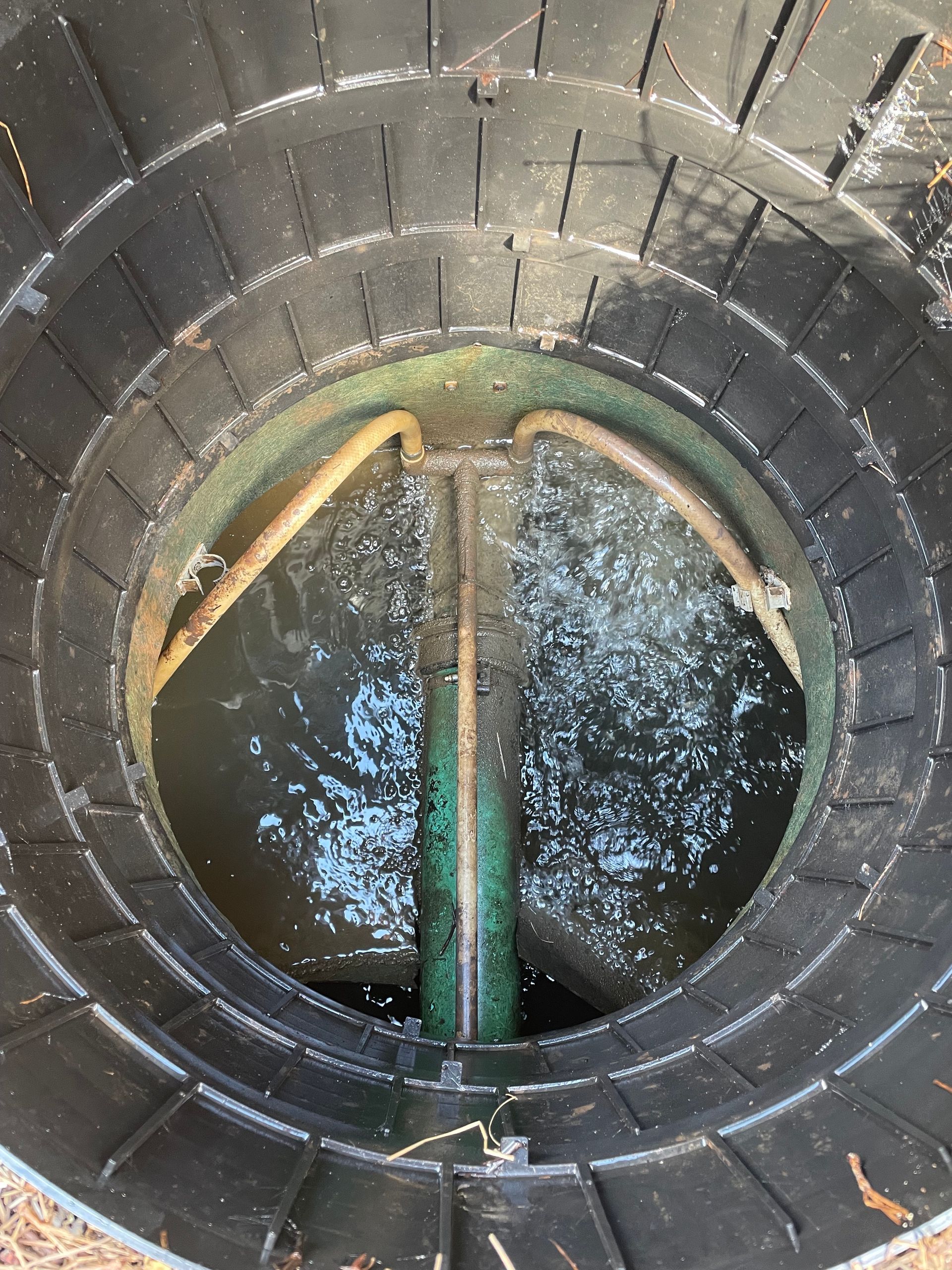Get in touch
404-788-3474
asmseptic@gmail.com
Email Us on: asmseptic@gmail.com
Call or Text: 404-788-3474
The Role of Septic Tank Aerators in Enhancing System Longevity
At Alternative Septic Management, we work with homeowners across Georgia to ensure their aerobic treatment systems run efficiently and last as long as possible. One of the most critical components in this effort is the septic tank aerator. This small but powerful device plays a major role in improving treatment effectiveness and system durability. Understanding how aerators function and how to maintain them is essential to maximizing the performance and lifespan of your septic system.
How Septic Tank Aerators Work
What Is a Septic Tank Aerator?
A septic tank aerator is a mechanical device used in aerobic treatment units (ATUs) to introduce oxygen into the wastewater. Unlike conventional septic systems that rely on anaerobic (oxygen-free) conditions to break down waste, aerobic systems promote the growth of beneficial bacteria that thrive in oxygen-rich environments. These bacteria are more efficient at decomposing waste, leading to cleaner effluent and a more robust overall system.
Aerators are typically installed inside or near the treatment tank. They operate by drawing in outside air and pumping it into the tank, either through diffusers or directly into the wastewater.
Aeration vs. Anaerobic Treatment
Traditional septic systems use anaerobic digestion, where bacteria break down waste slowly in the absence of oxygen. This process produces sludge and often results in foul odors. Aerobic systems, on the other hand, use oxygen to support faster-acting aerobic bacteria. These systems produce less sludge, generate fewer odors, and result in higher-quality effluent. The aerator is the key to creating and maintaining the aerobic environment required for this advanced treatment.
Benefits of Aeration in Septic Systems
Enhanced Waste Breakdown
By continuously supplying oxygen, septic tank aerators stimulate the growth of aerobic microbes that digest waste more efficiently than anaerobic organisms. This leads to a faster breakdown of solids and reduces the risk of clogs and buildup.
Improved Effluent Quality
Aerated systems treat wastewater more thoroughly before it is discharged into the drain field or secondary treatment area. This results in effluent with lower levels of nitrogen, pathogens, and other harmful substances, making it safer for the environment and compliant with stricter wastewater standards.
Odor Control
Aerobic treatment units produce significantly less odor than traditional systems. The presence of oxygen supports cleaner bacterial processes and prevents the development of hydrogen sulfide gas, which causes the typical septic smell.
Reduced Need for Pump-Outs
Because waste breaks down more completely in an aerobic environment, solids accumulate more slowly in the tank. This can extend the interval between professional pump-outs, saving homeowners time and money.
Environmental Protection
Cleaner effluent reduces the risk of groundwater contamination and minimizes the environmental impact of household wastewater. In regions like Georgia, where soil and water quality vary, properly functioning aerated systems provide an added layer of environmental safety.
Prolonging Septic System Life With Aerators
Less System Stress
Efficient waste treatment reduces the burden on other components of the system, such as pumps and filters. This helps prevent premature wear and tear and lowers the chances of system failure.
Better Drain Field Performance
Aerated effluent is cleaner and contains fewer solids, which reduces the likelihood of clogging in the drain field. This keeps the soil absorption area functioning longer and prevents the need for expensive replacement.
Cost Savings Over Time
Though aerobic treatment systems may have higher initial installation costs, the long-term savings from fewer repairs, reduced pump-outs, and extended system life can be significant. Aerators are a smart investment for sustainable, cost-effective septic performance.
Aerator Maintenance Tips for Homeowners
Routine Inspections
We recommend checking your aerator monthly to ensure it's operating correctly. Listen for the motor running and verify airflow at the diffuser or tank opening. If the unit is silent or the airflow is weak, it may require maintenance or replacement.
Cleaning and Replacing Filters
Most aerators include air intake filters that trap dust and debris. These filters should be cleaned every few months and replaced as needed. Dirty filters can restrict airflow, reducing the efficiency of the aerator.
Electrical Component Care
Aerators rely on a consistent power supply to function. Check electrical connections, breakers, and timers periodically. Installing a surge protector is also a good idea to protect the motor during power fluctuations.
Professional Maintenance Recommendations
While homeowners can perform some basic maintenance tasks, we encourage scheduling professional inspections at least once a year. Our technicians at Alternative Septic Management inspect electrical components, clean filters, test airflow, and evaluate overall system health.
Selecting the Right Aerator for Your System
Matching Aerator Capacity to System Size
It's essential to use an aerator that matches the size and treatment capacity of your aerobic system. Undersized aerators may not supply enough oxygen, while oversized models could lead to unnecessary wear. We help homeowners select and install aerators appropriate for their specific systems.
We work with a range of reliable aerator brands that are known for durability and energy efficiency. Our team evaluates models based on tank size, noise levels, airflow rate, and maintenance requirements to find the best fit for your property.
Installation Best Practices
Proper installation is key to aerator performance. This includes correct placement, secure housing to prevent water intrusion, and adequate ventilation. At Alternative Septic Management, we ensure every aerator we install meets industry standards and local codes.
How We Support Aerated Septic Systems
Installation and Upgrade Services
Whether you're building a new home or upgrading an existing system, we provide expert installation of aerobic treatment units and aerators. Our installations are designed for long-term reliability and ease of maintenance.
Scheduled Maintenance Plans
To help you stay on top of system upkeep, we offer scheduled maintenance plans that include aerator checks, cleaning, and full system inspections. Routine care helps extend equipment life and prevent costly repairs.
Expert Troubleshooting and Repairs
If your aerator stops working or your system shows signs of trouble, our team is ready to help. We diagnose the issue quickly and provide professional repairs or replacement to restore your system's performance.
We’re proud to help homeowners across Georgia maintain efficient, environmentally responsible septic systems. If you want to extend the life of your system and enjoy the benefits of advanced wastewater treatment, contact Alternative Septic Management on the website or call/text 404-788-3474 for expert support with septic tank aerators and more.
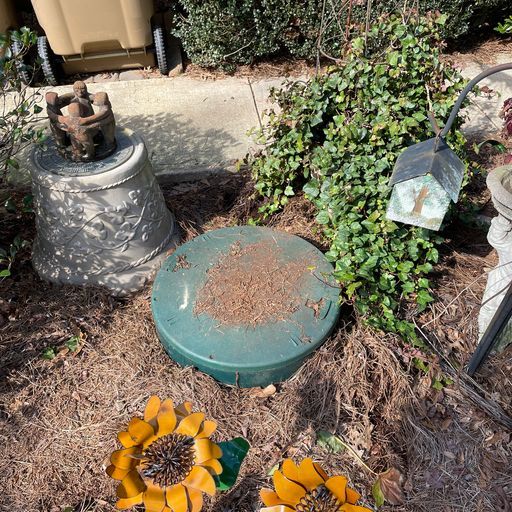
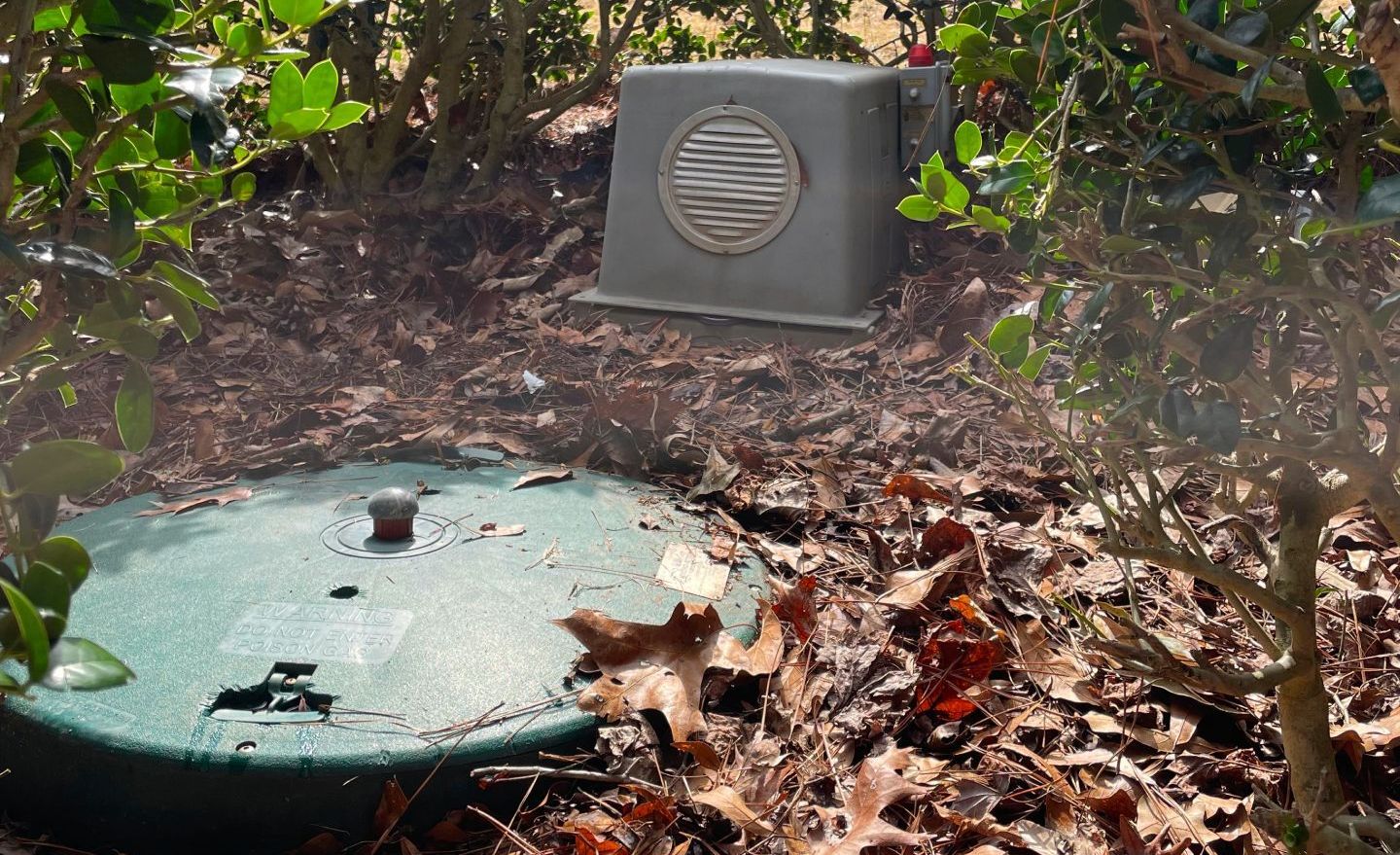
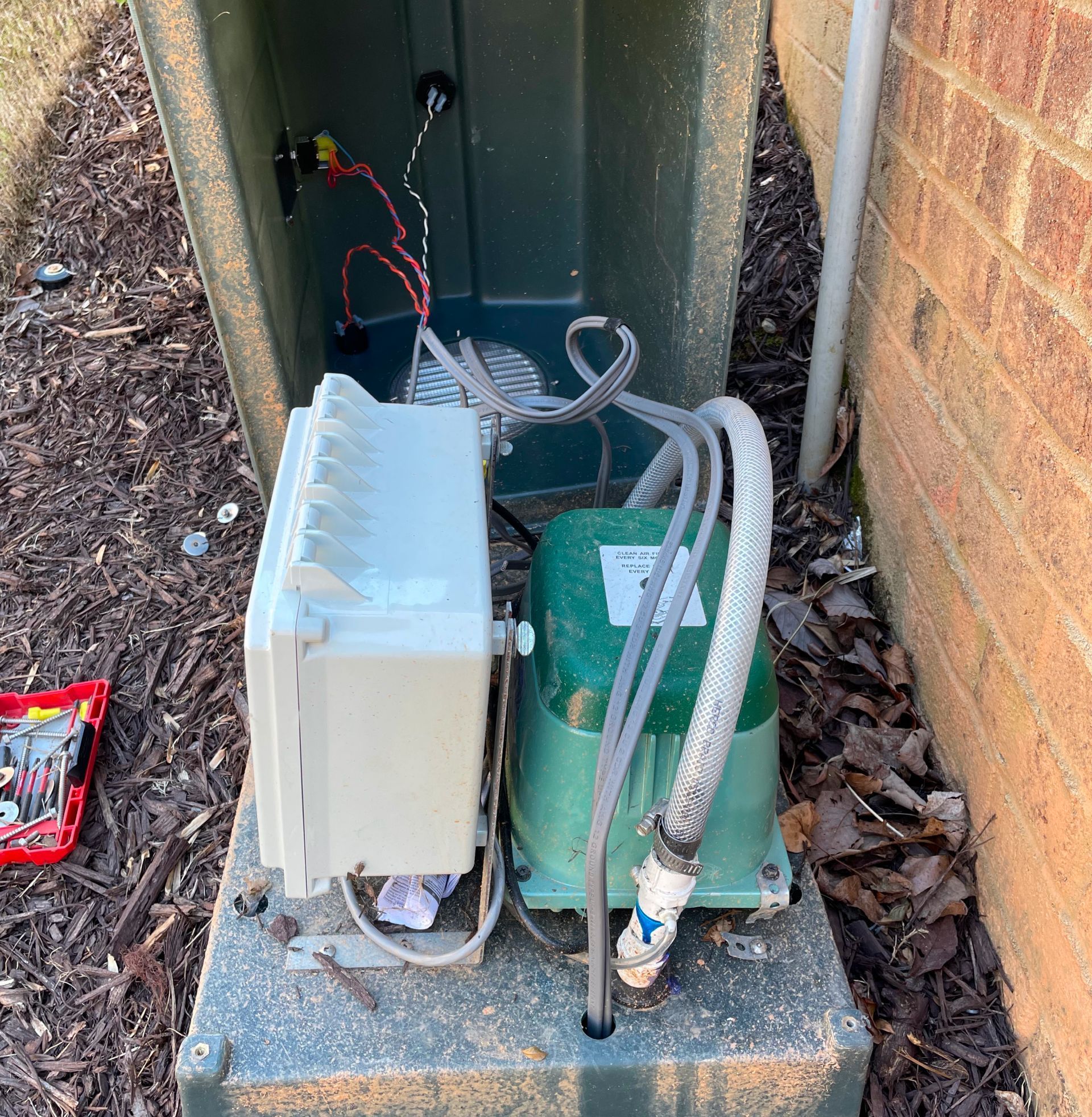

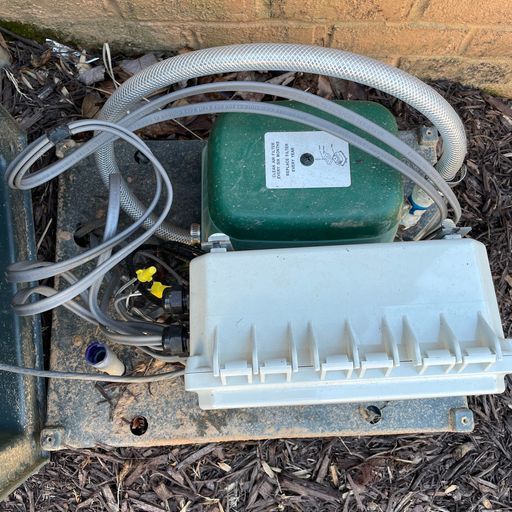
Alternative Septic Services For Residential And Commercial Systems Requiring Alternative Septic Systems.
Quick Links
Our Services
Septic Installation
Septic Repair
Septic Inspection
Air Compressor Maintenance
Pump Maintenance
Get In Touch
Mobile: 404-788-3474
Email: asmseptic@gmail.com
Address: 3295 Fannie Thompson Rd. Monroe GA 30656
Copyright 2025 © All Rights Reserved. Alternative Septic Management, Inc.

